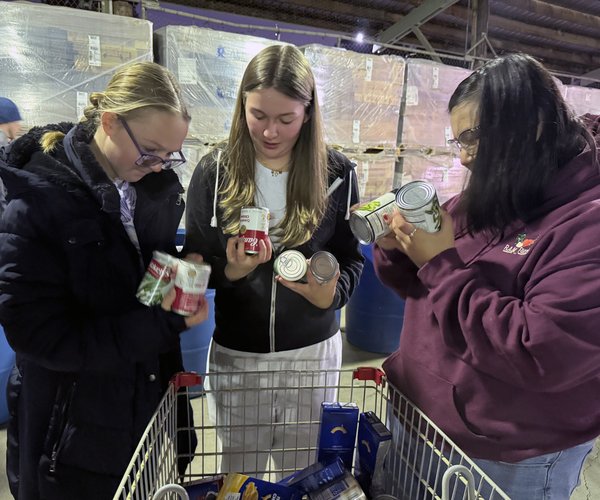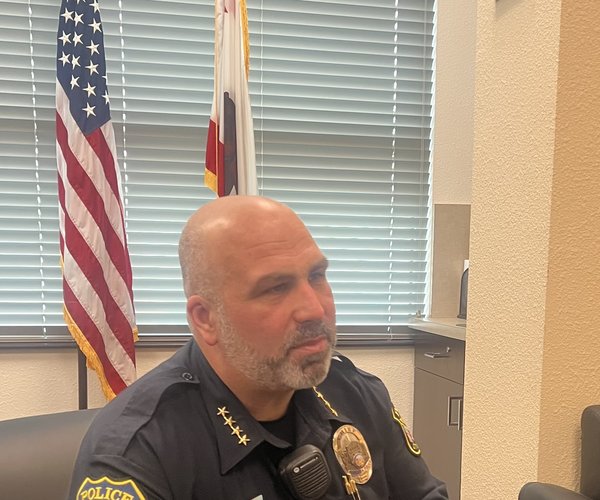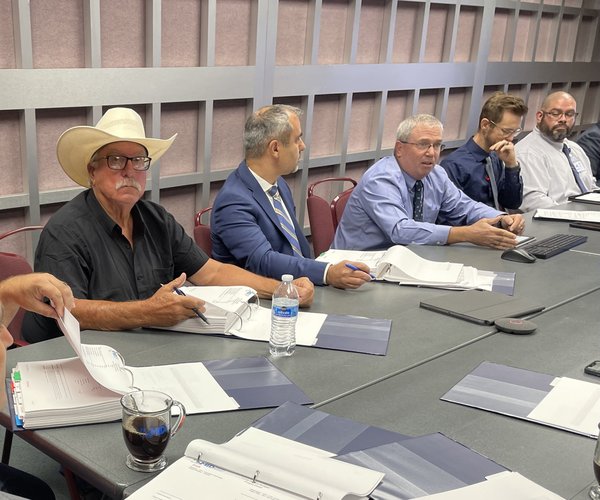Family-owned Foster Farms proved it's not “chicken” to be the first large scale poultry producer in the West to have its products overlooked by the American Humane Association. In fact, Foster Farms is at the forefront of maintaining animal welfare through their recent partnership, which includes supplying additional funding for organizations handling animals humanely.
Since 1939, Foster Farms has been working to ensure animal welfare within their own company and has recently became a certified member of the American Humane Certified program, a third-party, independent verification process based on scientific and ethical standards for farm animals.
The audit covered approximately 200 items including living conditions, diet and natural behaviors. Over 1000 employees were formally trained in order to cope with the audit, and are responsible for documenting their practices on a daily basis.
“Every single employee who handles a live bird is now trained to animal welfare standards,” said company veterinarian Bob O’Connor.
“We’ve reached a point when a producer such as Foster Farms believes that humane is the right thing to do,” said Ganzert. “It is a small but growing number, and has reached 5 percent of the United States. We still have 95 percent to go. Consumers want a third party that they can have confidence in.”
Foster Farms hopes to bridge the gap by providing additional funding for ethical and humane agricultural education. The Foster Farms Poultry Education and Research Facility at Fresno State’s Jordan College of Agricultural Sciences and Technology was dedicated Monday morning.
The 16,320 square foot poultry building will be utilized to provide hands-on experience for local students who will become a core part of the curriculum in dealing with animals humanely. The program is also the first university to be humanely certified in poultry service.
“We are happy to be partnered with the Animal Humane Association and Foster Farms. They believe in our program and our students. They are at the core of what we believe is the right thing to do,” said Michelle Ganci, a teacher of animal health and welfare.
Local efforts are not enough for Foster Farms. The company is also helping the AHA reach a broader audience by co-sponsoring the Humane Awareness Tour, featuring an 82-foot Red Star Rescue Rig and mobile veterinary command center.
The Red Star Rescue Rig has rescued over 70,000 animals from man-made and natural disasters within the last five years, and has traveled to Hurricane Katrina and Super storm Sandy sites to rescue those in need. The Rescue Rig's last deployment was in response to fires in Waldo Canyon in Colorado Springs, Colo. last summer.
The rig is specifically equipped with rescue gear: boats, vehicles, and veterinary services, and also features accommodations for 15 volunteers to sleep, complete with a small kitchen, lounge and command center with portable radio.
Emergency Services Resource Manager Dean Berenbaum believes the tours are a great opportunity for people to see what happens during a rescue situation, and will bring a greater awareness to humane efforts.
“We depend on the truck heavily, wherever we go,” said Berenbaum. “Everything on this truck is fully used.”
The tour kicked off Tuesday afternoon at Foster Farms' Livingston location to celebrate the company's completion in the humane certification process. Local workers were encouraged to view the rig, and witness their communal efforts.
“This is a milestone for us,” Foster Farms Vice President of Marketing Greta Janz said Tuesday morning. “We share common values with the American Humane Association, and our employees have shown their commitment. The executives have been working on this for a long time and today is when they get to see the face of the organization.”





